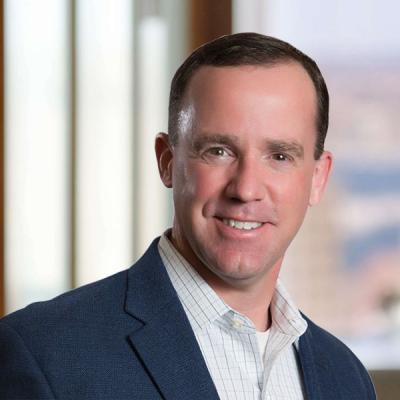Venture Investing and the Pandemic
Date: April 9, 2020
Time: 11:00AM - 12:00PM (EST)
Location: View the Webinar Recording
Business shutdowns and social distancing related to the COVID-19 global pandemic have caused unprecedented economic disruption and uncertainty. Join Mintz and leading investors from the United States and Europe for a webinar that will explore how venture investors are supporting their portfolio companies in the face of these extraordinary challenges and evaluating new investment opportunities.
Key Takeaways
What should I do immediately?
- Face the situation now. Change is here and you now have to deal with uncertainty, so embrace it.
- Revise your plan so that you don’t need to raise new cash for the next 18-24 months if at all possible.
- Prepare plans for the good (situation resolves in the short term), the bad (situation persists longer term), and the ugly (really bad).
- Your most precious asset is human capital. Manage your workforce carefully and be creative and be empathetic to your employees in light of the current crisis. If RIFs are necessary, make them decisively.
- Your existing customers are your prospects now. Have an open dialogue – it is impossible to overcommunicate with them. Winning new customers in the near future will be challenging.
Should companies have planned better for this?
- It is hard to build a growing company while planning for a “once-in-a-century” event.
- Fundamentals always are important, and this current situation highlights the need to focus on them.
- The current crisis just reinforces the need to focus on building a strong balance sheet.
The impact of historic levels of dry powder currently held by VC funds.
- The VC industry, as a whole, is better positioned to handle this than it was in 2008.
- Of course, that varies from fund to fund, and firms that have raised a new fund more recently of course have more dry powder.
- The first priority of VC funds is stabilizing their existing portfolio. As a result, over the next 6-24 months they will allocate more time and capital to their existing portfolio than they had anticipated.
- Strong companies and management teams should be able to raise funds, but the process will be different and will take longer.
- Will likely see more “failing faster.”
Impact on Life Science Companies
- Depends on whether a company is in the clinical trial/partner facing stage vs. early-stage R&D. For the former, the situation is comparable to tech companies, with a need to focus on having cash for 18-24 months. For the later, if you have cash or a line of sight towards it, it could be a time to get aggressive and separate from your competitors and build a moat (e.g., take advantage of the great talent that inevitably will be coming to market; tuck-in M&A as the next 3-9 months could present a target-rich environment).
- Cross-over investors might be less active at this stage in the lifecycle as the public markets have experienced deep discounts and might offer opportunities.
Entering into another entrepreneurial growth stage
- History will show that great companies were launched during this period.
- A great time to build a strong team, as new graduates coming to the marketplace might want to take their future into their own hands and more experienced individuals likely will be coming to the market as well.
- Opportunities will present themselves, but the process will be different and the pace will be longer.
- There will be a premium on “warm intros” as it will be difficult to build a strong personal relationship from scratch while working remotely.
- Seed capital still is available.
State of the venture debt market
- SVB initiated a venture debt principal deferment program whereby repayment of principal is deferred for six months.
- A large number of companies had facilities in place and now are drawing down on them and SVB of course is honoring this and are leaning heavily into the ecosystem.
Opportunities created by COVID-19?
- The immediate situation doesn’t, itself, provide an investment opportunity. In fact, leaders of many life sciences and healthcare companies are taking time away to be on the frontlines of the healthcare situation.
- The longer term consequences of the situation, though, will create opportunities, including in areas such as digital health and tele-health.
Will companies be less global in nature moving forward?
- Short term, possibly. But this is more a function of plans for global expansion being put on the shelf short term as a result of cash management.
- More lasting, this won’t change the overriding ambition of entrepreneurs and investors to build global businesses.
- In fact, longer term this could accelerate growth companies’ expansion as everyone will be even more comfortable working together without being in the same office.
- The impact of this could have a fault line – between “physical” companies (e.g., real estate, travel, leisure) suffering a real impact and “digital” companies (e.g., tech, life sciences) potentially having even increased opportunities.
Speakers
Larry P. Naughton
Moderator
Ed C. Pease
Moderator

Lily Lyman
Speaker

Nicola McClafferty
Speaker

Karan Takhar



